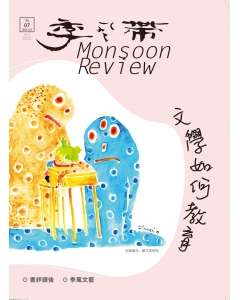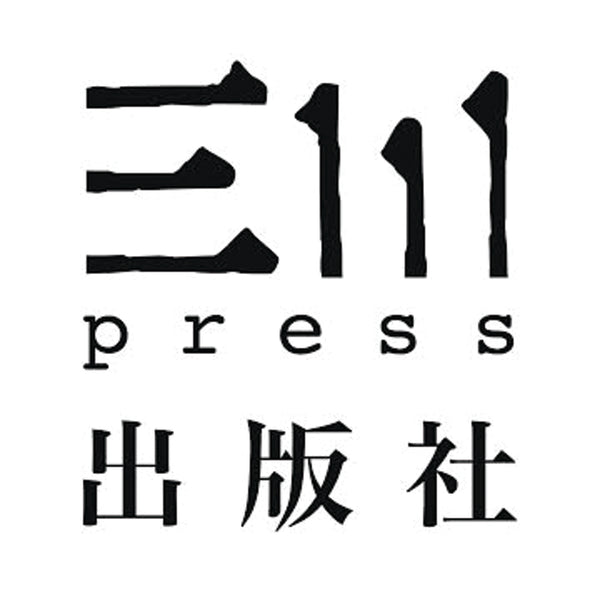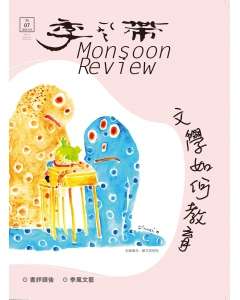Monsoon Belt (Issue 7)
Monsoon Belt (Issue 7)
5 in stock
Couldn't load pickup availability
ISBN/EAN: 977012821100807
出版日期: 2018-03-01
页数: 156页
语言: Traditional Chinese
“Empty shell! Empty shell!” Has the Chinese language class become an empty shell?
Changing textbooks randomly?
Wrong teaching materials?
Are teaching activities weird?
Are Chinese textbooks a history of the decline of Chinese religion?
Sixty years have passed since the publication of the first set of Chinese textbooks in 1958, following Malaya's independence. During this period of rapid historical change, there have been occasional bursts of excitement, and occasional stagnation and regression. The history of Chinese education has so far paid little attention to textbooks, a curious aspect of educational history. It is urgent to examine the deeper meaning of education through the lens of publishing history, editing, and even the complex political and business relationships behind it.
The seventh issue of "Monsoon Belt" specially invited Professor Fang Meifu to be the special planner, and invited experts, scholars and frontline teachers to admire the beautiful flowers in the sun and recall the past, while also studying abscesses, diagnosing the causes, and visiting enrolled students to diagnose the pulse of Chinese education and explore the past and present of Chinese classes.
This issue includes an in-depth analysis of the three main streams of Chinese language courses, from primary schools, independent Chinese schools, and national secondary schools. Topics include exploring the origins of teaching materials, recalling the past, historical context, student criticism, etc. It analyzes how the editor's personal taste determines the knowledge level and literary perception of hundreds of thousands of people, and explores the changes and difficulties of Chinese language and literature courses with a pragmatic attitude.
Can Chinese classes still function as literature lessons? Or should we continue to revel in the glory of history? While we constantly hear about the history of Chinese education, rising from one glorious chapter to another, why do those who have experienced it complain bitterly, comparing it to a hollow shell and a cancer, turning a beautiful Chinese language class in our lives into a giant and suspicious case of pathology?
How Literature Educates
06 Origin: Our Chinese Class | Fang Meifu
10 Excerpts and Rewrites: Issues in the Selection of Primary School Chinese Textbooks | Guo Shi Guanghong
28 Discussion on Several Issues in Chinese Textbooks for Independent Chinese Schools in Malaysia | Huang Xinyi
Is it possible to teach poetry? — A discussion based on Chinese language courses and textbooks in national secondary schools | Ye Fuyan
57 A Brief Discussion on the Staged Literary Education | Chen Yijin
67 Literature Class | Huang Jinshu
72 Chinese Language Festival 1958 | Fang Meifu
79 The Classical Chinese Literature We Learned Together in Those Years | Qi Lifeng
83 Enthusiastic and never forgetting our original aspiration | Beijiafu
【Book Review】
88 The Indifferent Absurdity: Reading "The Southern Boy and the Forgetful Old Man" | Han Lizhu
91 Hell is Other People — Book Review of "Fishing Grounds of Blood and Tears: A Transnational Look at the Truth About Taiwan's Offshore Fisheries" | Liang Yuwei
94 Hong Kong Poetry: Crossing the River: Ten Contemporary Hong Kong Poets | Zheng Zhengheng
97 A Brief Discussion of "Kaohsiung 202" | Chen Guanting
【Monsoon Literature and Art】
100 Promotion Matters | Butter Boy
110 A Quirky Café Where No Shemales Are Seen | Xu Tongyuan
114 Middle Age—It Was Me Before, It’s You Now | Zeng Linglong
116 Jiling Town has no — and mourning a fellow countryman | Nanyangke
121 Looking for Emily | Zhang Guixing
133 Elegy Poem | Zhang Cuo
134 Chen Weibiao Poetry Exhibition | Chen Weibiao
138 Horseshoe Crab Specimen | Li Youcheng
140 I can only write poetry to mourn you | Li Youcheng
142 Calligraphy | Gong Wanhui
Share


